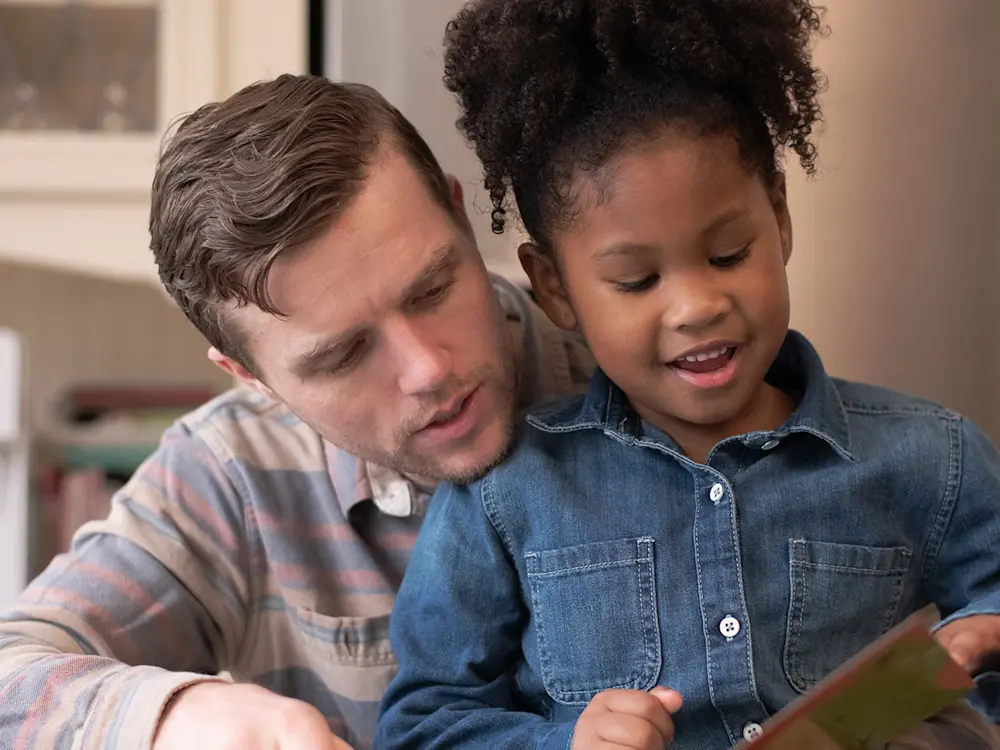What Is Executive Function?
Executive function is a set of mental skills that include working memory, flexible thinking, and self-control. We use these skills every day to learn, work, and manage daily life. Trouble with executive function can make it hard to focus, follow directions, and handle emotions, among other things.
Snapshot: What Executive Function Is
Some people describe executive function as “the management system of the brain.” That’s because the skills involved let us set goals, plan, and get things done. When people struggle with executive function, it impacts them at home, in school, and in life.
There are three main areas of executive function. They are:
Cognitive flexibility (also called flexible thinking)
Inhibitory control (which includes self-control)
Executive function is responsible for many skills, including:
Paying attention
Organizing, planning, and prioritizing
Starting tasks and staying focused on them to completion
Understanding different points of view
Regulating emotions
Self-monitoring (keeping track of what you’re doing)
Executive functioning skills usually develop quickly in early childhood and into the teen years. But they keep developing into the mid-20s. When kids are younger, some may lag behind peers for a while. As they get older, though, they may have fewer challenges as teens and young adults.
Dive Deeper
Learn more about the different areas of executive function.
Explore a day in the life of a child who has trouble with these skills.
Signs of Executive Functioning Issues
Trouble with executive function can affect people in different ways. The difficulties often look like the signs of ADHD. That’s because ADHD is a problem with executive function.
People struggling with executive skills may:
Have trouble starting and/or completing tasks
Have difficulty prioritizing tasks
Forget what they just heard or read
Have trouble following directions or a sequence of steps
Panic when rules or routines change
Have trouble switching focus from one task to another
Get overly emotional and fixate on things
Have trouble organizing their thoughts
Have trouble keeping track of their belongings
Have trouble managing their time
Trouble with executive function isn’t a diagnosis or a learning disability. But it’s common in people who learn and think differently. Everyone with ADHD has trouble with it. And lots of people with learning challenges struggle with executive function, too.
These difficulties can cause trouble with learning. But they don’t mean that people are lazy or not intelligent. People who struggle with executive function are just as smart and work just as hard as other people.
Dive Deeper
Read about everyday challenges for young adults who struggle with executive function.
For families: Learn about supports at school that can help kids who struggle with executive function.
For educators: Get an evidence-based behavior strategy to help struggling students.
Possible Causes of Executive Functioning Issues
There’s been a lot of research into what causes trouble with executive function and ADHD. Here are two main factors.
1. Differences in brain development. Researchers have looked at executive function in the brain. They’ve found that certain areas of the brain develop more slowly in people who struggle with executive skills. These areas are responsible for working memory and emotional control.
2. Genes and heredity. People who have trouble with executive function often have family members who do, too.
Also, trouble with executive function often occurs with learning challenges.
Learning disabilities don’t always involve a problem with executive function. But it’s not uncommon for kids with or , for example, to also have trouble with executive skills. Learn how problems with executive function can impact reading and math.
Slow processing speed isn’t a problem with executive function. But it can cause trouble with it. Learn more about slow processing speed.
Dive Deeper
Find out how brain differences can impact executive function and maturity.
Get a look at ADHD and the brain.
Learn whether cell phones cause trouble with executive function.
Diagnosing and Treating Executive Functioning Issues
There’s no diagnosis called executive function disorder. But there are specific tests that look at a wide range of executive skills. These skills include:
Attention
Inhibitory control
Working memory
Organization and planning
Concept formation
Set shifting (the ability to shift from one task to another)
Word and idea generation
Testing should be done as part of a full evaluation that looks at many areas of learning and thinking. These evaluations, which schools do for free, are often done by psychologists. But there are other types of professionals who do this type of testing.
Some of these same professionals offer treatments and approaches like:
Behavior therapy and cognitive behavioral therapy (CBT). Behavior therapy helps people replace negative behaviors with positive ones. CBT helps kids deal with thoughts and feelings and manage behavior.
Medications. There are no medications just for executive function, but there are medications for ADHD.
School services. School psychologists can work with kids to come up with strategies to help with social skills and behavior management. Special education teachers may work with kids to build academic, social, and organization skills. They may also work on strategies for managing behavior.
Organizational coaching. These are consultants you can hire. They’re not tutors who help build academic skills. Instead, they work on building organization and time management skills. They can also work on study skills. Learn more about organizational coaches.
For families: Explore our guide to executive functioning issues in kids.
For educators: Learn about strategy instruction as a teaching practice that can help these students.



Thank you for providing these articles. Checklists can be very helpful, plus lots of patience. 😊
ReplyDelete